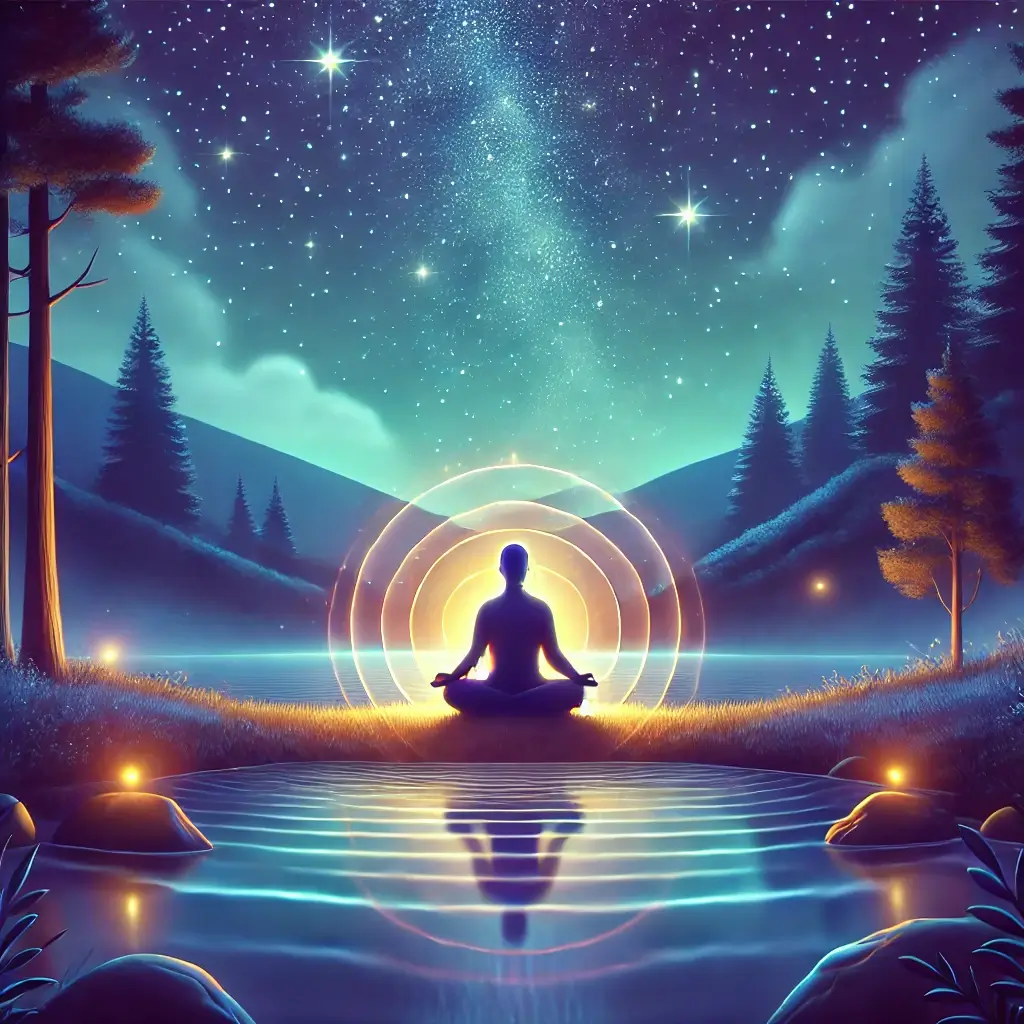Introduction to Relaxation Training
People who suffer from sleeplessness may find relief via relaxation training, a form of talk therapy. Learning relaxation and stress reduction strategies will help you fall asleep and stay asleep more easily.
Available Relaxation Techniques
A wide variety of relaxation techniques are available, such as:
Deep Breathing Method
A simple yet powerful method for calming the body and mind is deep breathing. Sit or lie down in a comfortable posture and breathe in deeply and slowly through your nose to practice deep breathing. Exhale softly via your lips after holding your breath for a few seconds.
Progressive Muscle Relaxation
To practice progressive muscle relaxation, one tightens and then relaxes progressively larger muscular groups throughout the body. A simple way to practice progressive muscle relaxation is to tense and then release your toes. Raise your body to your face and repeat the process of tensing and releasing various muscle groups.
Meditation Benefits
One mind-body technique that has shown promise in alleviating mental and emotional distress is meditation. Concentrating on your breath is a popular practice in many forms of meditation.
Imagery Practice
One method is imagery, which is imagining a peaceful setting for oneself. To practice imaging, shut your eyes and picture yourself in a serene setting, such a forest or beach. Pay attention to the scene’s nuances and the emotions they evoke.
Yoga for Sleep
Physical postures, breathing exercises, and contemplation are all components of the mind-body practice known as yoga. By calming the mind and body, yoga can help you get a better night’s rest.
Benefits of Yoga for Sleep
Improve the quality of your sleep with yoga by:
Stress and Anxiety Relief
Two frequent causes of sleeplessness are stress and worry; yoga can help alleviate both.
Body and Mind Calming
It may be simpler to fall asleep and remain asleep if you practice yoga, which helps to calm the body and mind.
Circadian Rhythm Regulation
Improved sleep quality is one benefit of yoga’s ability to normalize the body’s circadian rhythm, or the cycle of sleep and wakefulness.
Overall Wellness Impact
A better night’s sleep may be a byproduct of yoga’s positive effects on general wellness.
Professional Guidance
Either you or a therapist can benefit from relaxation training. Seek the advice of a medical or mental health expert if you are experiencing difficulty sleeping. They are there to assist you in creating a personalized plan for stress relief.
Additional Relaxation Tips
Insomnia sufferers, here are some more suggestions for calming your mind and body:
Environment Setup
Locate an undisturbed spot where you can concentrate.
Comfort Considerations
Get cozy and wrap yourself in warm clothing.
Practice Guidelines
The best way to get the hang of a skill is to start small and work your way up to more time each day.
Persistence
Stay calm and keep going. Learning to unwind and feel less anxious requires practice.
Professional Help
Consult a medical or mental health expert if you discover that self-hypnosis methods are still ineffective.
Conclusion
Improving the quality of one’s sleep can be as simple as learning relaxation techniques. Think about it as a viable alternative if you are having trouble sleeping.
